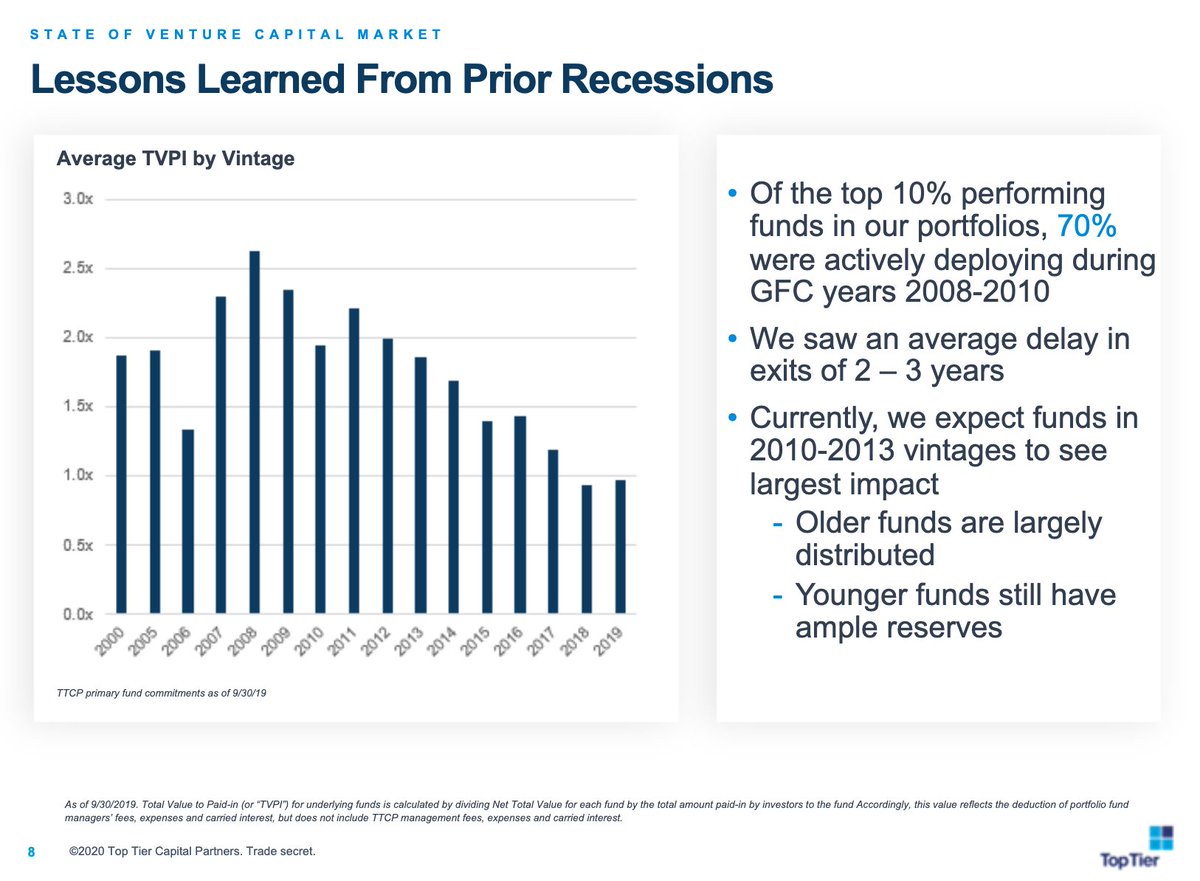
Today, EU+UK universities have the ingredients to be spinout powerhouses: world-leading research, ambitious academics, and VC funding.
Instead, our unis propagate an unproductive downward spiral of short-termism that hamstrings founders.
Thread 🔽
ft.com/content/fd0383…
Instead, our unis propagate an unproductive downward spiral of short-termism that hamstrings founders.
Thread 🔽
ft.com/content/fd0383…
As a researcher-turned-investor, I've seen this first hand. Forming spinouts back then was discouraged, miring colleagues in bureaucracy that undermined their work. Today, startups are still not rewarded in our academic culture; worse, founders are considered problem children.
The process of spinning out a company from one's academic work is so painful and economically punitive peers ditched their entrepreneurial ambitions entirely. Some hack around official routes to become “sneak outs” while others depart for more entrepreneur-friendly universities.
After seeing my friends and founders I've met/invested in over the years go through this process, I think enough is enough. In December last year, I put out this tweet:
https://twitter.com/nathanbenaich/status/1335221324432728066?s=20
This resulted in dozens of founders reaching out to me to share their war stories, a majority in confidence in fear of reprisal from their university and because the terms under which founders can spin out are not made public. I still can't see a valid reason why not.
What I learned was shocking and almost uniformly reducing to this: The punitive practices of technology transfer offices are holding back Europe’s potential to produce unicorn university spinouts.
In practice, this means very high equity ownership (often 25% or so, sometimes up to 50%), high royalties on net sales (often 5%+), processes that take 6-12 months end-to-end. Very few universities buck this trend, e.g. Cambridge, ETHZ, and EPFL.
By contrast, top universities for spinouts in the US, e.g. MIT, CMU, Stanford, Wisconsin and others are far less hungry. They seem to grok the idea that monetising spinouts is not the way to empower them to swing for the fences and challenge the biggest challenges of our time.
Parting with too much equity from day one is a structural and motivational problem that cannot be easily unwound. Being a minority shareholder of your own company is no way to swing for the fences. You're dead upon arrival.
To me, it's crazy that EU/UK unis haven't revamped their practices. Becoming the world’s most permissive spinout ecosystem will attract the best entrepreneurial academics to our universities and create a recursive cycle of talent, research, teaching, grants, successful spinouts..
I mean, come on, of 116-VC backed European/UK unicorns, only 4 of them are university spinouts. We can do much better!!!
If you got this far, here's a solution I propose:
1) A simple agreement to spinout: a globally competitive standardised deal offering TTOs a choice of either 1-5% common equity, 1% royalty on net sales, or 1% of the exit value upon M&A or IPO.
1) A simple agreement to spinout: a globally competitive standardised deal offering TTOs a choice of either 1-5% common equity, 1% royalty on net sales, or 1% of the exit value upon M&A or IPO.
2) Second, universities must task their TTOs with maximising the number of spinouts created under the agreement with a commitment to complete the process within three months.
3) Third, governments must engage unis into creating cohesive and supportive alumni ecosystems — a US-style alma mater — that feed future $ in the institutions through mentorship and donations. Talk to EU/UK students and most don't care about their school. This is 🤯 for US folks
And lastly, as a longer-term bonus, we should create sovereign wealth funds to help strengthen underfunded academic institutions and reduce their dependence on monetising spinouts.
I so badly want to see Europe and the UK become the most globally competitive spinout ecosystem. Our founders deserve far better. Our society and ecosystems deserve better. If we don't, the recursive downward spiral will accelerate.
ft.com/content/fd0383…
ft.com/content/fd0383…
• • •
Missing some Tweet in this thread? You can try to
force a refresh








